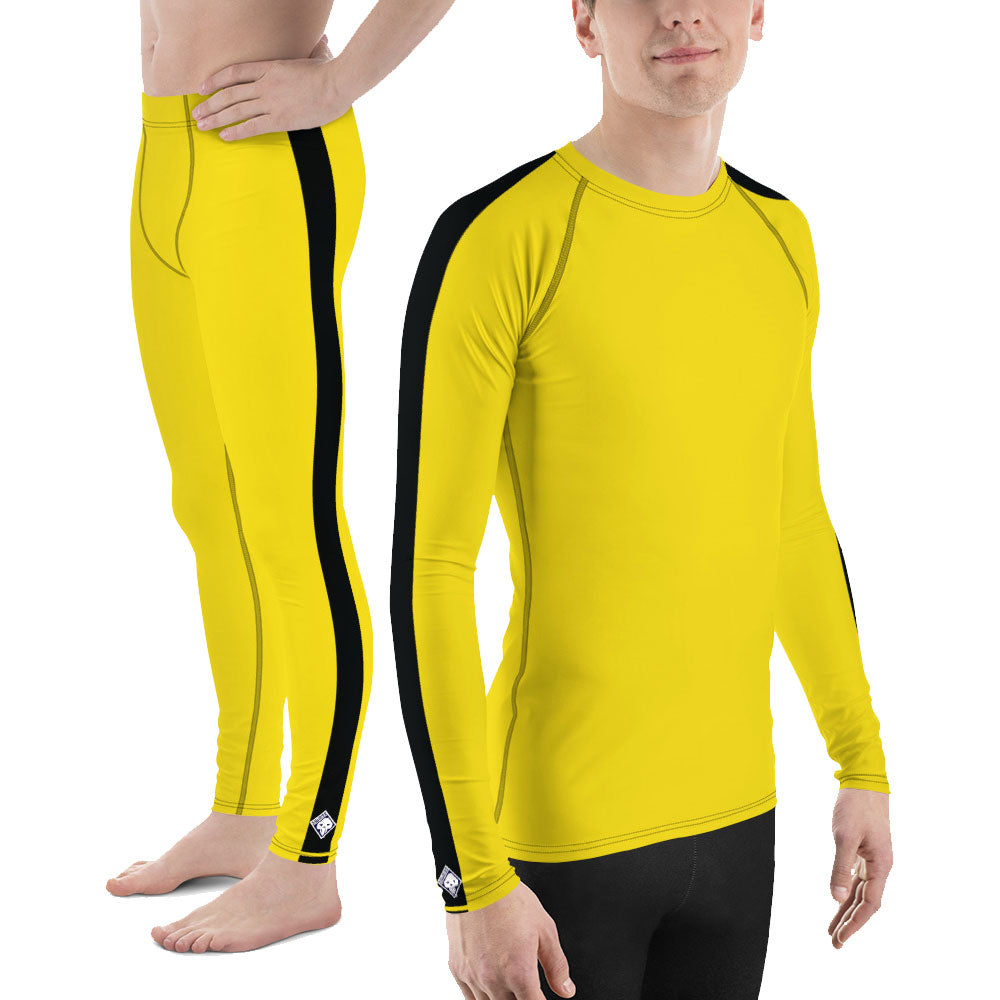Was Bruce Lee Actually Good at Martial Arts?
Bruce Lee is an enduring icon in the world of martial arts and cinema. Known for his charismatic screen presence and his influence on modern combat sports, Lee’s actual martial arts abilities are often debated. Was Bruce Lee genuinely skilled, or has his reputation been amplified by his celebrity status?
Bruce Lee's Martial Arts Background
To assess Lee's martial prowess, it’s essential to understand his martial arts journey:
-
Wing Chun: Lee began his training under the renowned Ip Man in Hong Kong, learning close-quarters combat techniques that emphasized quick strikes and efficiency.
-
Western Boxing and Fencing: During his time in the United States, Lee studied Western boxing and fencing, drawing techniques and concepts that contributed to his hybrid philosophy.
-
Judo and Jiu-Jitsu: Lee explored grappling arts, including Judo and Jiu-Jitsu, training with figures like Gene LeBell and Wally Jay.
The Creation of Jeet Kune Do (JKD)
Lee’s dissatisfaction with traditional martial arts led him to develop Jeet Kune Do (JKD) — a martial philosophy rather than a rigid style. JKD's emphasis on adaptability, efficiency, and “using no way as a way” reflected Lee’s innovative mindset.
Core Principles of Jeet Kune Do
-
Economy of Motion: Minimal movements for maximum impact.
-
Adaptability: Adjust techniques to real-life scenarios.
-
Interception: Striking before an opponent’s attack fully develops.
Evaluating Bruce Lee's Real-World Skills
To determine Lee’s effectiveness as a martial artist, we can examine his encounters and the testimony of his peers:
-
Street Fights and Challenges: Lee reportedly engaged in several real-world altercations, often with success. However, documentation is limited, and many stories remain anecdotal.
-
Training with Top Martial Artists: Lee trained with and impressed elite martial artists, including Chuck Norris, Joe Lewis, and Dan Inosanto, who have praised his skill, speed, and power.
-
Demonstrations: Lee's demonstrations showcased his remarkable speed, strength, and control — notably his famous one-inch punch.
Criticism and Skepticism
While many praise Lee’s abilities, some question whether his skills would hold up in modern competitive arenas:
-
Lack of Formal Competition: Lee never competed professionally in sanctioned fights, making it difficult to measure his effectiveness by modern standards.
-
Theoretical vs. Practical: Critics argue that his techniques, while innovative, were largely theoretical, designed for self-defense rather than sports competition.
Bruce Lee's Influence on Modern Martial Arts
Regardless of debates about his direct combat skills, Lee's impact on martial arts is undeniable:
-
Pioneer of Cross-Training: Lee’s approach to blending styles laid the foundation for Mixed Martial Arts (MMA).
-
Philosophical Influence: His thoughts on adaptability, self-expression, and martial efficiency continue to inspire martial artists globally.
Conclusion: Was Bruce Lee Truly Skilled?
While it's challenging to assess Bruce Lee’s skills purely through documented combat, his training intensity, innovation, and the testimony of respected martial artists affirm that he was not only an exceptional martial artist but a transformative figure. His contributions transcend physical ability, shaping the philosophy and practice of martial arts as we know them today


